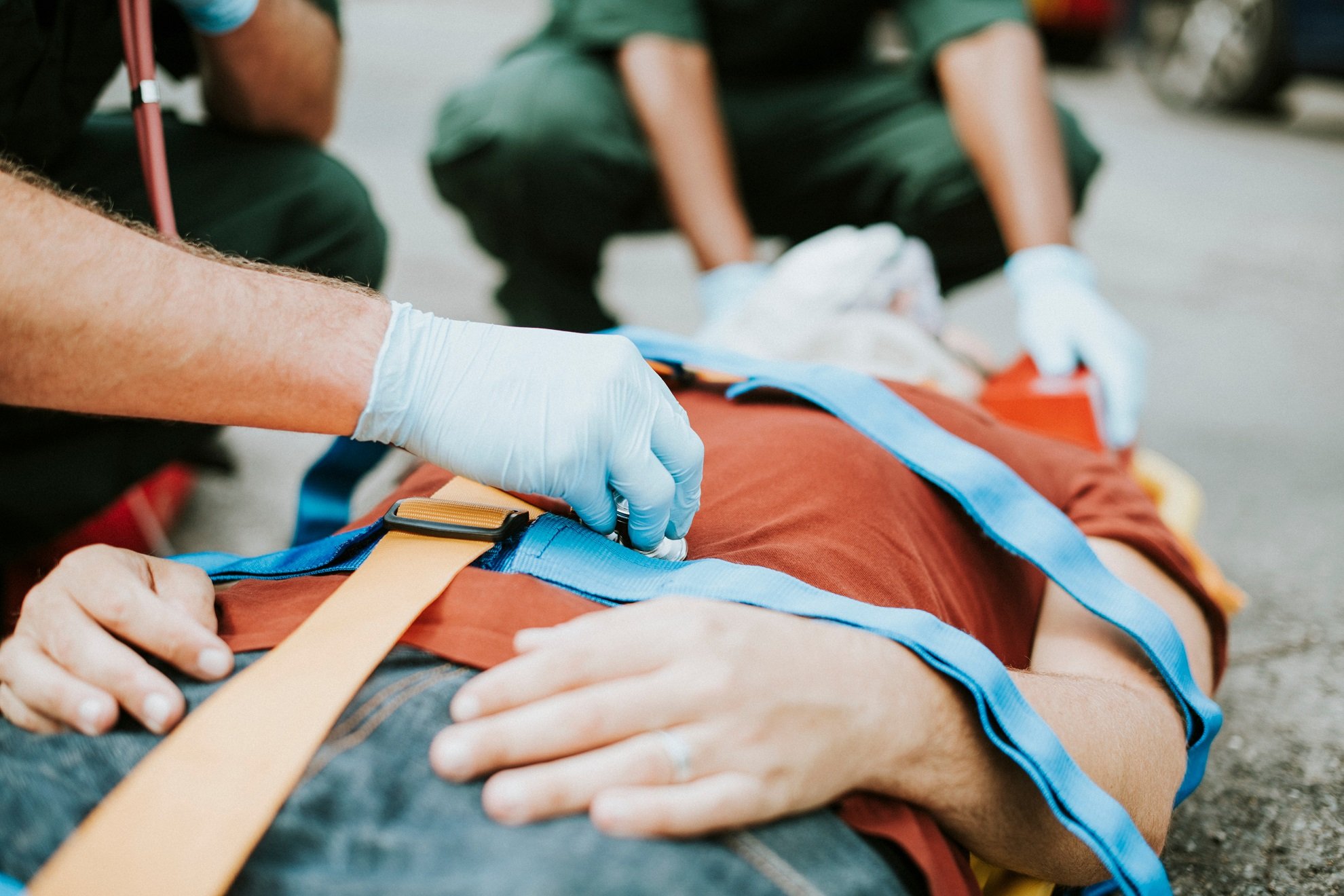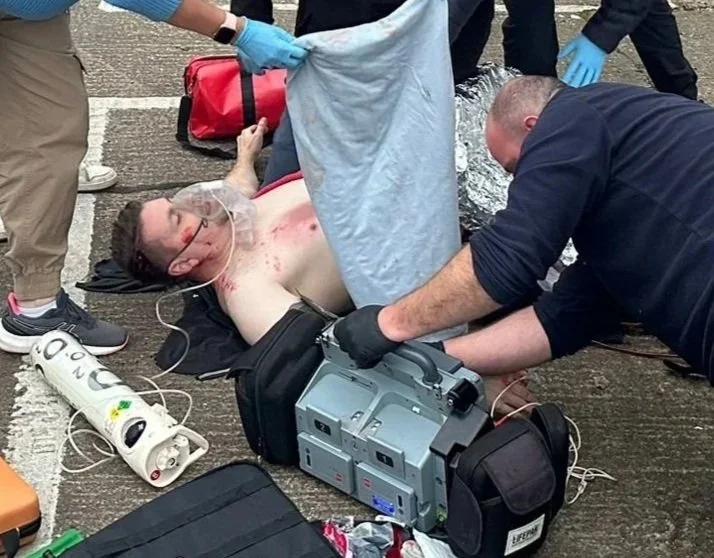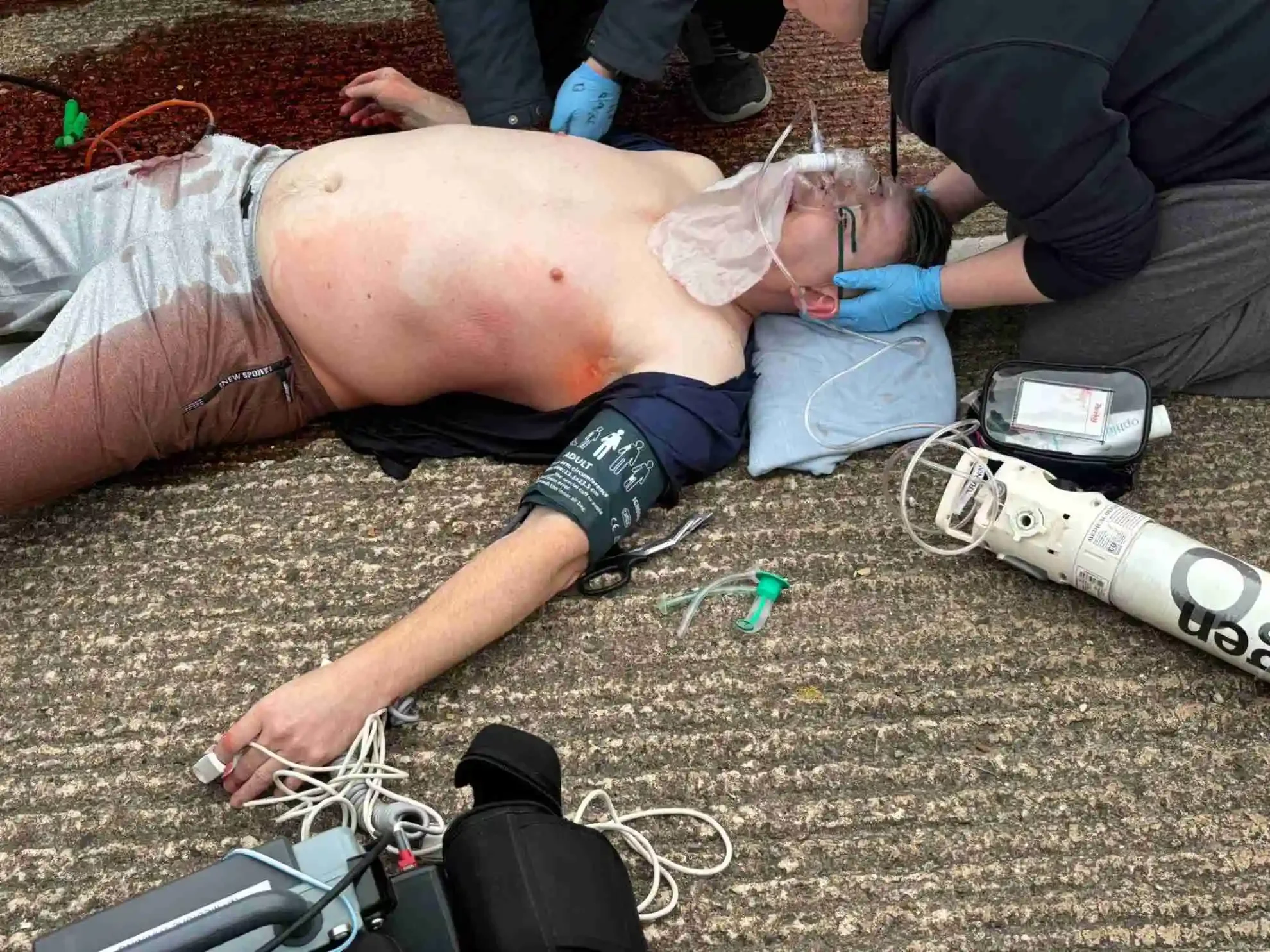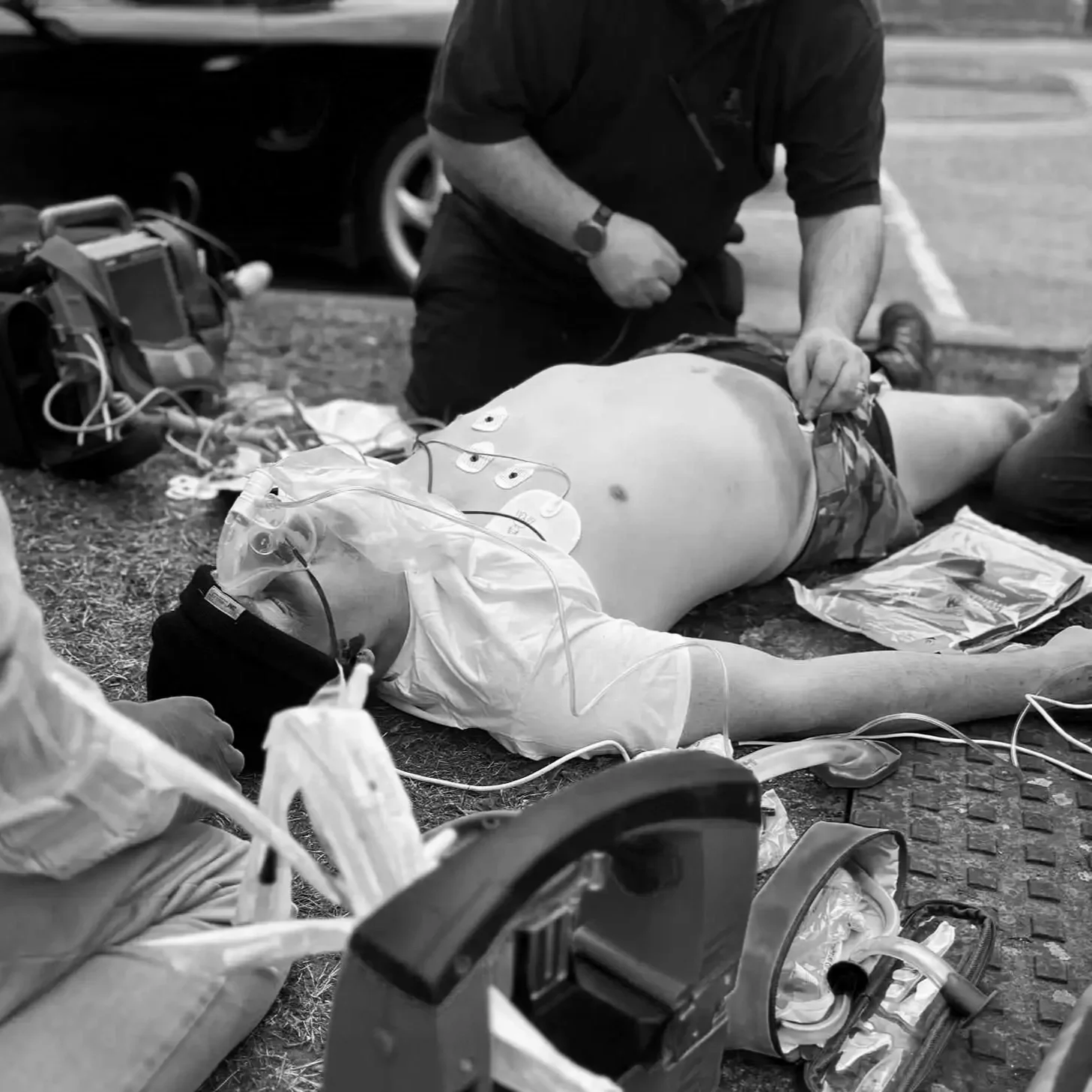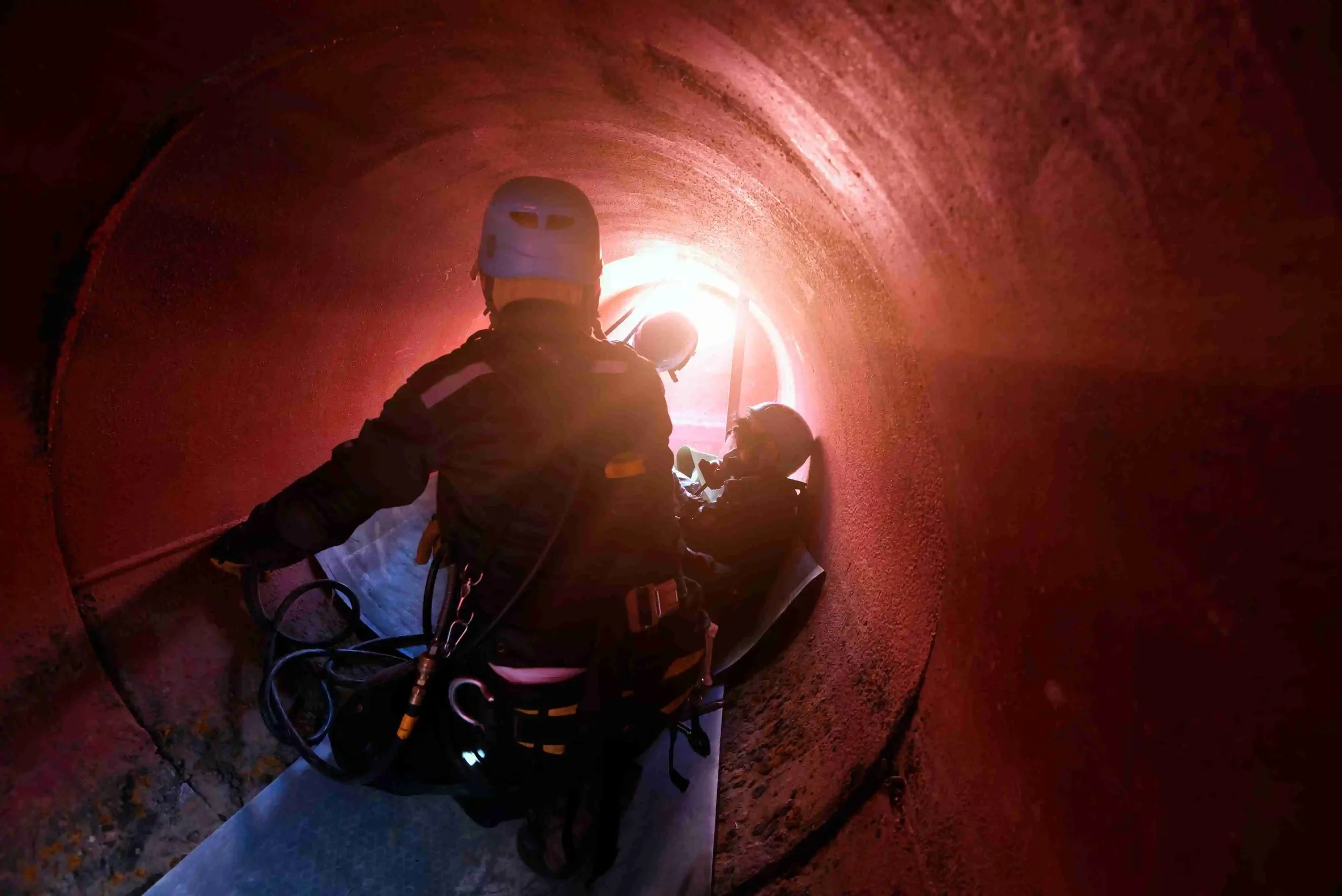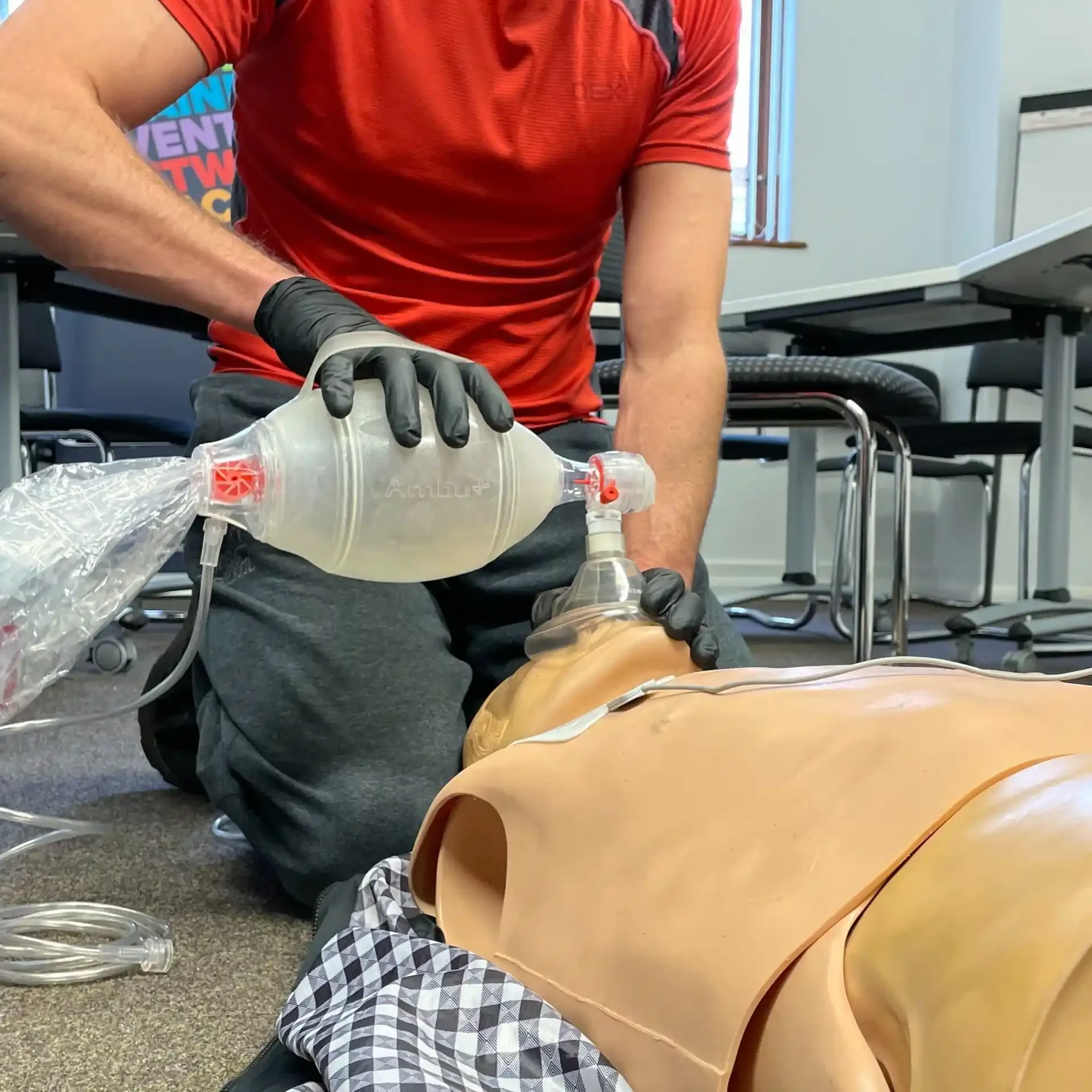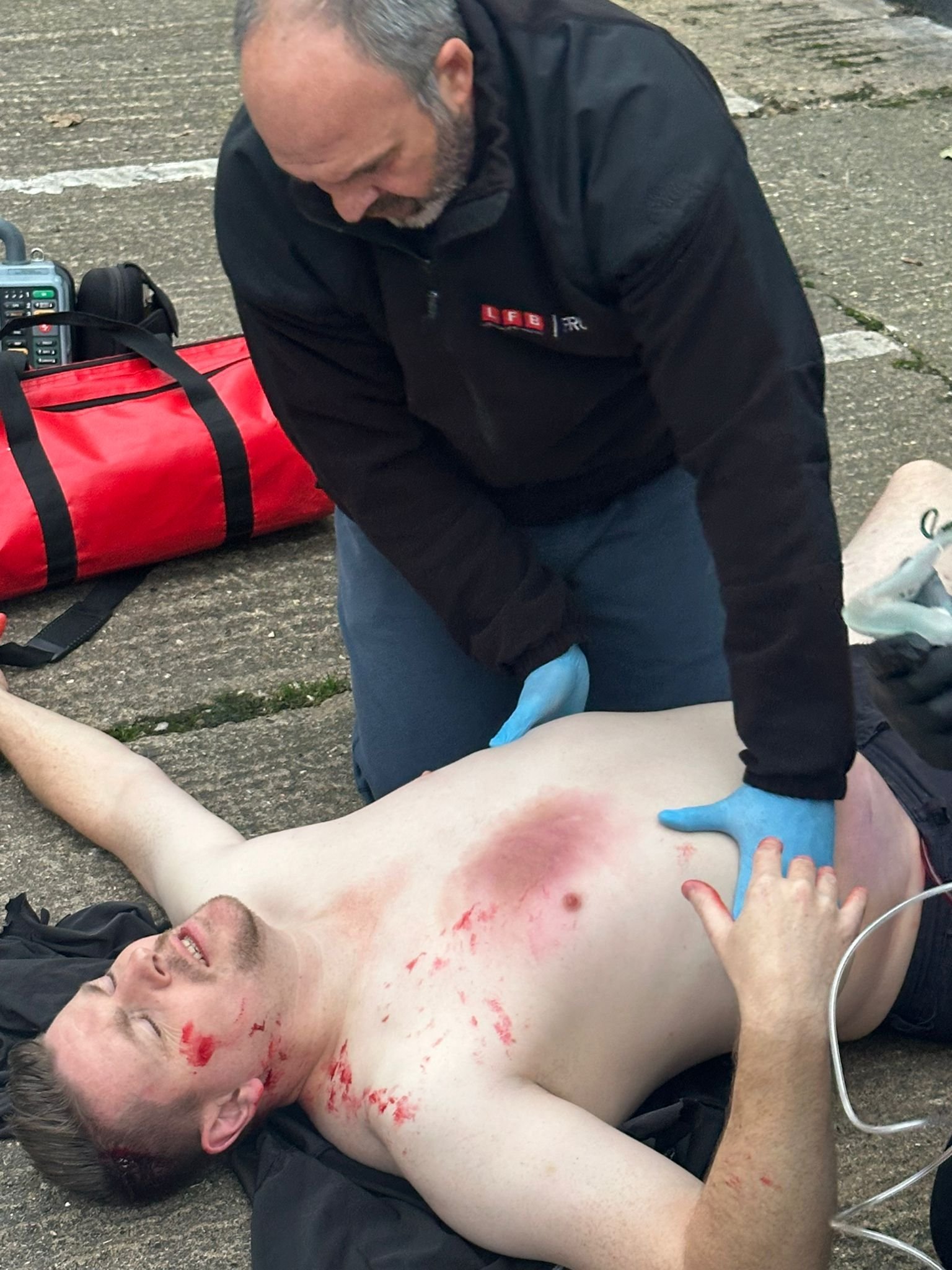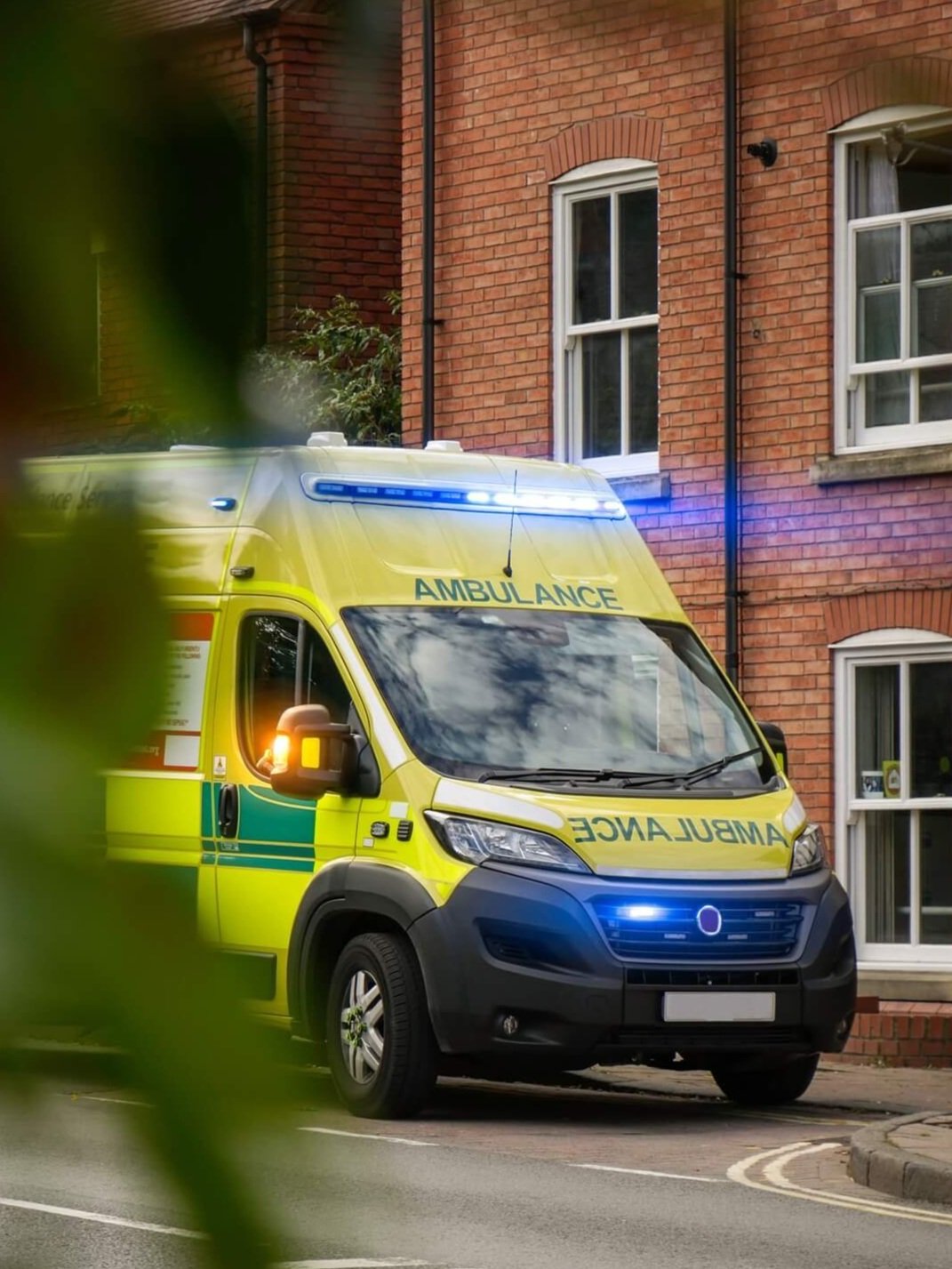The Role of Community First Responders in Emergency Care
Introduction
In the United Kingdom, the emergency response system is a complex and finely tuned mechanism, integral to which are the Community First Responders (CFRs). These unsung heroes, often first at the scene, play a critical role in providing immediate care during emergencies. Their actions can mean the difference between life and death, making their role not just supportive but often pivotal in saving lives.
Who Are Community First Responders?
Definition and Role
CFRs are volunteers who step forward to provide critical care in their communities. They are trained to respond to a range of emergencies, offering initial medical assistance while the professional emergency services are en route. This role is crucial in the UK, where every second counts in emergency response.
Profile of a CFR
The typical CFR comes from a diverse range of backgrounds - from young adults to retirees, from professionals to homemakers. What unites them is their commitment to helping others in times of need. Their diversity enriches the program, bringing various life experiences and perspectives to the role.
Duties and Responsibilities
CFRs are tasked with a range of responsibilities, all aimed at stabilising and supporting patients until further help arrives. These include:
On-Scene Medical Assistance
Administering basic life support
Utilising automated external defibrillators (AEDs)
Managing trauma and injuries
Assisting with medical emergencies such as cardiac arrests, strokes, and seizures
Community Engagement
Educating the public about basic first aid and CPR
Participating in local health and safety events
Acting as liaisons between the community and emergency services
Training and Skills Development
The training CFRs undergo is comprehensive and multi-faceted. It includes:
Understanding and performing CPR
Effective use of AEDs
Managing choking and unconscious patients
Handling Emergency Situations
Recognizing and managing various medical emergencies
Dealing with trauma and injuries
Ensuring patient comfort and safety until ambulance arrival
Specialized Training by NR Medical Training
NR Medical Training's role in this process is crucial. They provide specialized training programs that are unique in their approach. These programs, led by experts with real-world experience, are not only informative but also engaging and interactive. This approach ensures that CFRs are well-prepared and confident in their abilities.
Impact on Emergency Situations
The presence of a CFR at an emergency scene can be transformative. They provide immediate care that can preserve life, prevent conditions from worsening, and promote recovery. Examples and statistics from across the UK illustrate the significant impact CFRs have had in emergency situations.
Challenges Faced by CFRs
Despite their crucial role, CFRs face numerous challenges:
Emotional and Physical Demands
The stress of dealing with life-and-death situations
The physical demands of emergency medical care
Need for Continuous Learning and Adaptation
Keeping up-to-date with the latest medical practices and techniques
Adapting to evolving technologies and equipment
Support Systems for CFRs
Recognizing these challenges, various support systems have been established. These include:
Peer support groups
Regular debriefings and counseling services
Ongoing training and development programs
The Future of CFRs in the UK
Looking ahead, the role of CFRs is set to evolve further. Advances in emergency medicine and technology promise to enhance their capabilities. Ongoing support and development are crucial to ensure CFRs continue to be an integral part of the emergency response system.
Potential Advances
Integration of new medical technologies and techniques
Enhanced training programs incorporating virtual and augmented reality
Greater collaboration with professional emergency services

